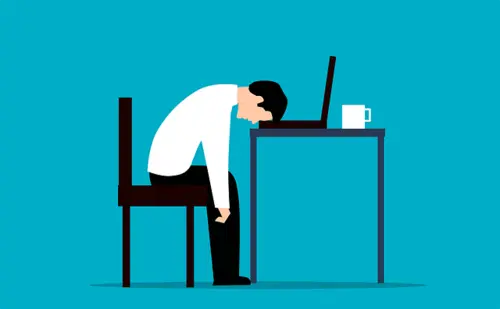Feeling weary and exhausted from time to time is a familiar experience for many. This sense of tiredness, commonly referred to as fatigue, can be categorized in various ways depending on its cause and nature. Let’s explore the different types of fatigue people may experience:
Physical Fatigue
This is the type often felt after exertion, such as a long day of manual labor or an intense workout session. The muscles are tired, and there might be a general sense of bodily exhaustion. Rest and recovery are crucial to overcoming physical fatigue.
Mental Fatigue
Mental fatigue occurs when the brain is overstimulated or under significant pressure for extended periods. It’s that foggy-headed feeling after a long day of problem-solving or decision-making. It can be alleviated by rest, relaxation, and switching to less demanding activities.
Emotional Fatigue
This form stems from prolonged emotional stress or anxiety. It may come from dealing with personal issues, long-term care of a loved one, or even from too much social interaction for introverted individuals. Emotional fatigue requires time, self-care, and sometimes professional support to heal.
Chronic Fatigue
Chronic fatigue persists over time, beyond the usual recovery period. This could be a sign of chronic fatigue syndrome (CFS), a complex disorder characterized by extreme tiredness that doesn’t improve with rest and can’t be explained by an underlying medical condition.
Pathological Fatigue
Pathological fatigue is related to underlying medical conditions such as anemia, thyroid issues, sleep apnea, diabetes, or heart disease. It can be persistent and often requires medical diagnosis and treatment.
To better visualize, here’s a simple table summarizing these types:
| Type of Fatigue | Description | Possible Recovery Methods |
|---|---|---|
| Physical Fatigue | Muscle tiredness from physical activity. | Rest, proper nutrition, and hydration. |
| Mental Fatigue | Cognitive tiredness from mental exertion. | Relaxation, switching to less demanding tasks. |
| Emotional Fatigue | Weariness from emotional stress or anxiety. | Time off, self-care, emotional support. |
| Chronic Fatigue | Persistent tiredness not relieved by rest. | Medical consultation, lifestyle adjustments. |
| Pathological Fatigue | Tiredness stemming from medical conditions. | Diagnosis and treatment of underlying issue. |
At the End
It’s important to listen to your body and your mind when experiencing signs of fatigue. Understanding the type of fatigue you’re experiencing is the first step to identifying its root cause and finding the appropriate measures to recover and regenerate your energy levels. If fatigue persists or interferes significantly with daily life, seeking professional medical advice is highly advised.









